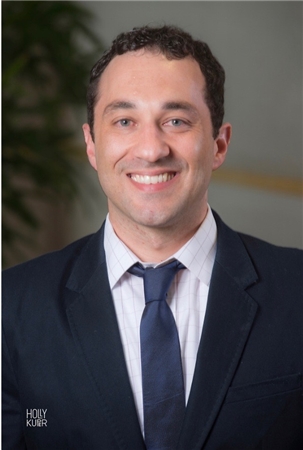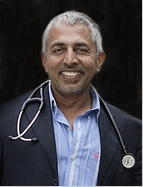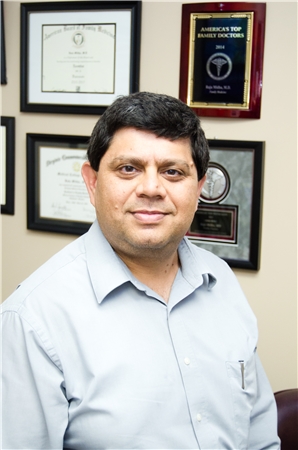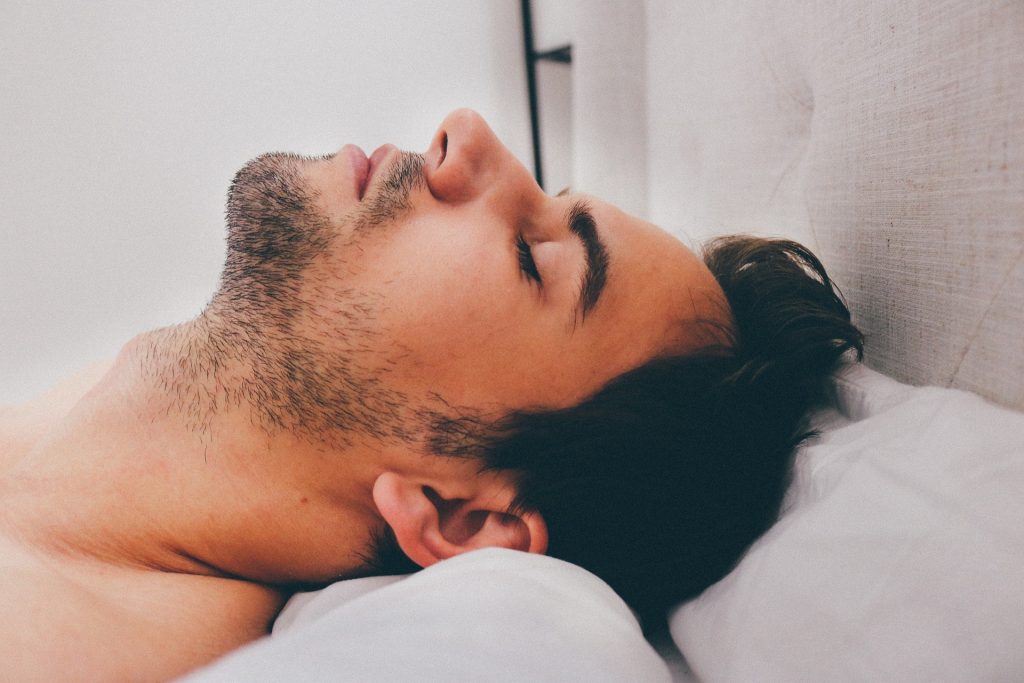Introduction
What’s something you want the most after a tiring day? A good night’s sleep. And what’s worse than not getting a comfortable sleep routine? Well, It’ll start affecting your mental health, increase your stress levels, and some more problems Then you need Sleep Apnea Doctors Near Me.
This situation is what we call Sleep Apnea. It usually causes persistent stops in breathing during sleep, troubling you to sleep in peace.
You should consult your Primary care doctor near me about the current sleeping disorders you’re going through to help him diagnose your medical condition. Your doctor near me will ask you about your symptoms and run some tests to provide you with the most appropriate treatment plan.
Top Five Best Sleep Apnea Doctors Near Me:

Address: 116 S Euclid AveWestfield, NJ 07090

Address: 15200 Shady Grove RoadRockville, MD 20850

Address: 275 E Hillcrest DriveThousand Oaks, CA 91360

Address: 8641 Wilshire Blvd.Beverly Hills, CA 90211

Address: 1404 Montreal Road EastTucker, GA 30084

Which Doctors Treat Sleep Apnea?
The doctor who’s specialized in treating sleep disorders is called Somnologist.
The Doctors Who Treat Sleep Apnea are:
Psychiatrists
They specialize in diagnosing and treating mental health disorders.
These symptoms might include
- Feeling tired and sleepy at daytime
- Low energy level
- Trouble in concentration
Pulmonologists
They are specialized in lung and respiratory system disorders. Respiratory disorders mainly cause sleep apnea and even make it worse. A pulmonologist works to diagnose and treat these respiratory issues and ease sleep apnea from happening any further
Some common respiratory issues behind sleep apnea are:
- Asthma, causing a narrow passage for breathing
- Chronic obstructive pulmonary disease
- Breathing disorders
Otolaryngologists
The doctor will examine your nasal passages to ensure there’s no obstruction. Sleep apnea causes people to stop breathing for a while because of the narrow nasal pathway.
An ENT Specialist Might Look for These Symptoms to Diagnose Sleep Apnea:
- Large throat tonsils cause difficulty in breathing
- Respiratory infection
- Obstructed nasal airway
- Any deformities in the nose
Neurologist
A neurologist specializes in treating brain, spinal cord, and nervous system disorders. Neurological issues are mainly the causes of sleep apnea. And they need to be treated on time to prevent stress issues, coronary heart diseases, cognitive impairment, etc.
Sleep apnea can be caused by:
- Heart stroke
- Neurological disorders like Alzheimer’s disease.
- Insomnia
How is Sleep Apnea Treated?
After the doctor has diagnosed your medical condition, he’ll provide a treatment plan to help you recover from sleep apnea. Several methods are used for the treatment.
The most common treatment methods are:

Positive Airway Pressure Therapy
This therapy is provided by a machine that blows pressurized oxygen into the airways through a face mask to prevent them from collapsing during the night.
Oral Pressure Therapy
Oral pressure therapy requires placing a mouthpiece during sleep to keep the tongue and soft palate in place to keep the airways open during the night to decrease airways obstruction.
Using Oral Appliances
Wearing oral appliances in the mouth during sleep can help keep your throat and airways open during the night. It brings your jaws forward to reduce snoring and episodes of sleep apnea.
Adaptive Servo-Ventilation
This device learns your breathing pattern and then uses pressure to normalize your breathing during the night and prevent the sudden air block. It’s more likely to work than other pressure therapy methods.
Surgery
If none of the above methods work, surgery might be the last treatment option.
These are the most common surgeries for Sleep apnea:
- Removal of tissues
- Shrinking tissues
- Repositioning of jaws
- Soft rods implants
- Hypoglossal nerve stimulation
- Creating a new airway
Final Verdict
Your sleep physician will ask you a series of questions and tests like sleep tests either in a sleep lab or at home to identify what’s causing you to suffer from sleep apnea.
It’s best to get checked at your earliest as delaying it can make the situation worse.